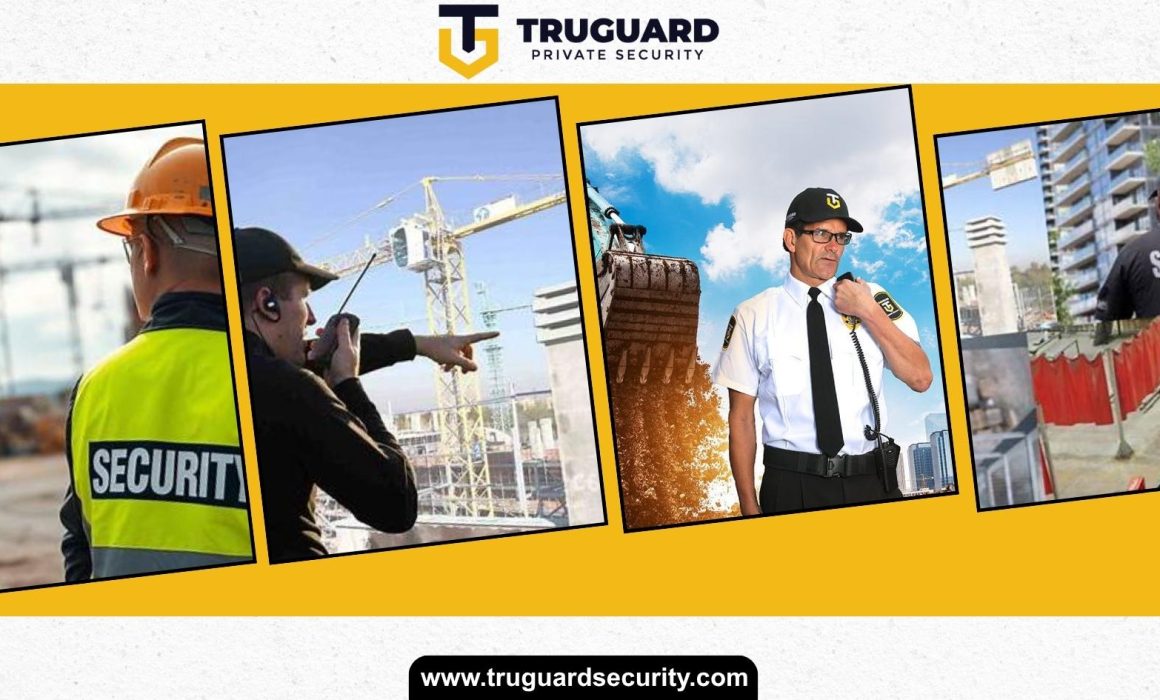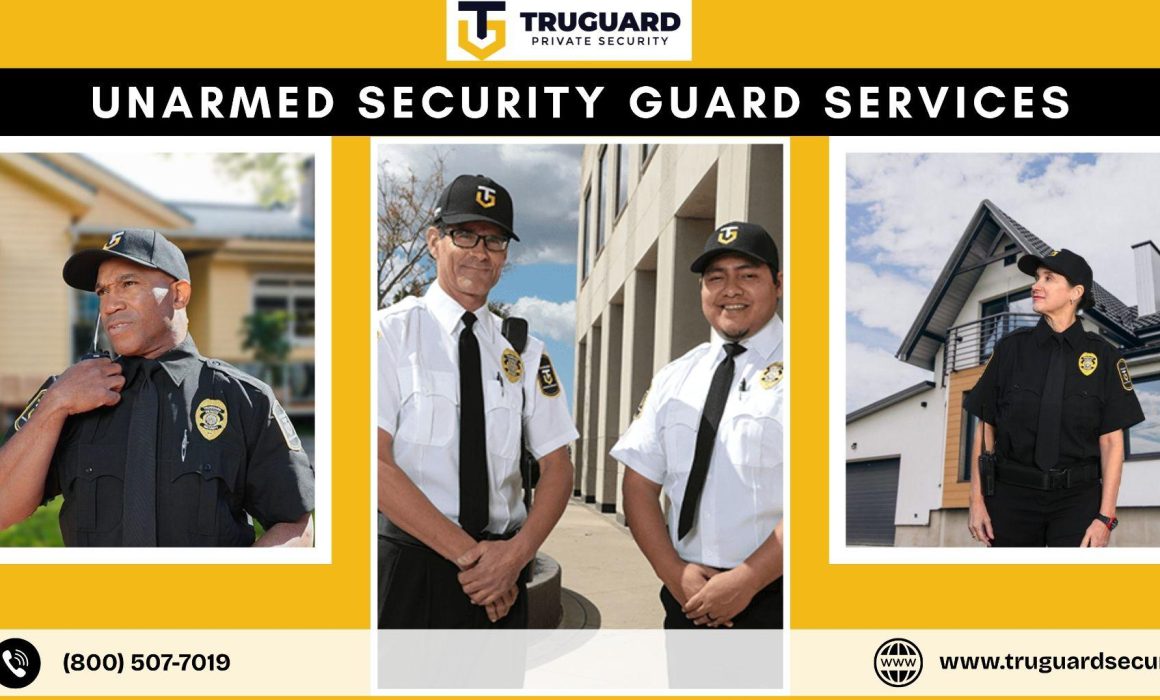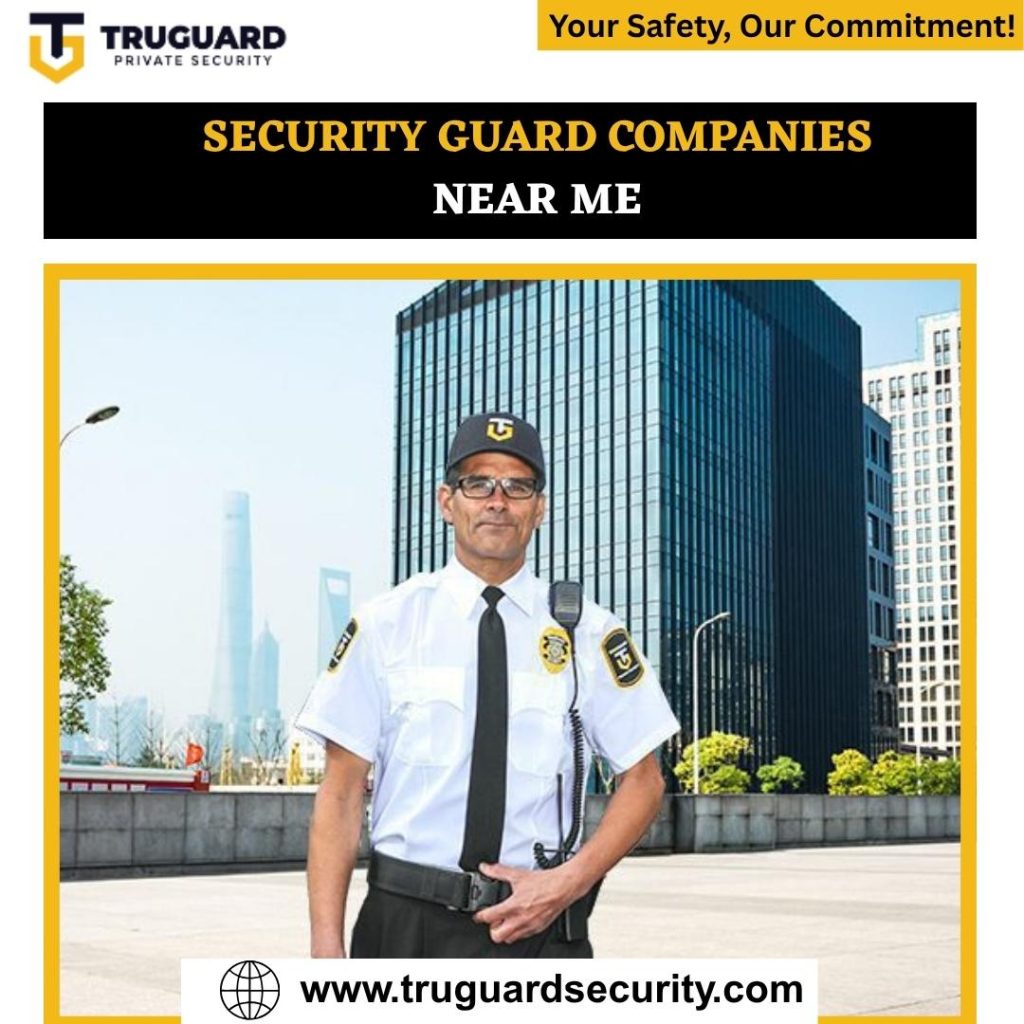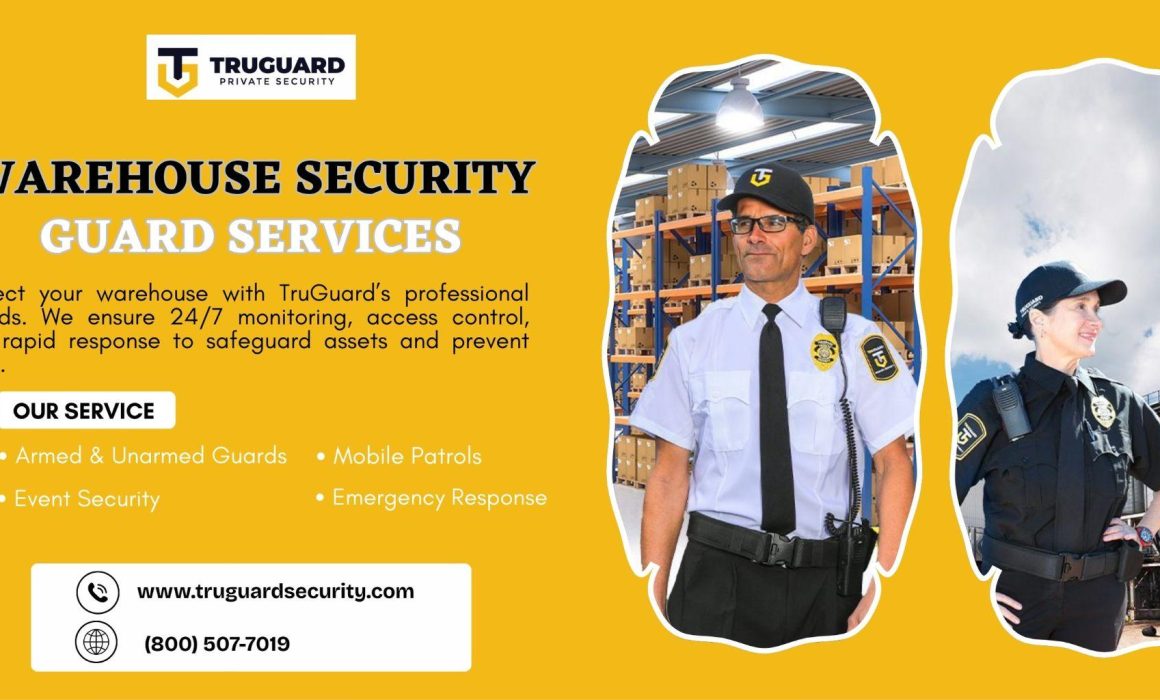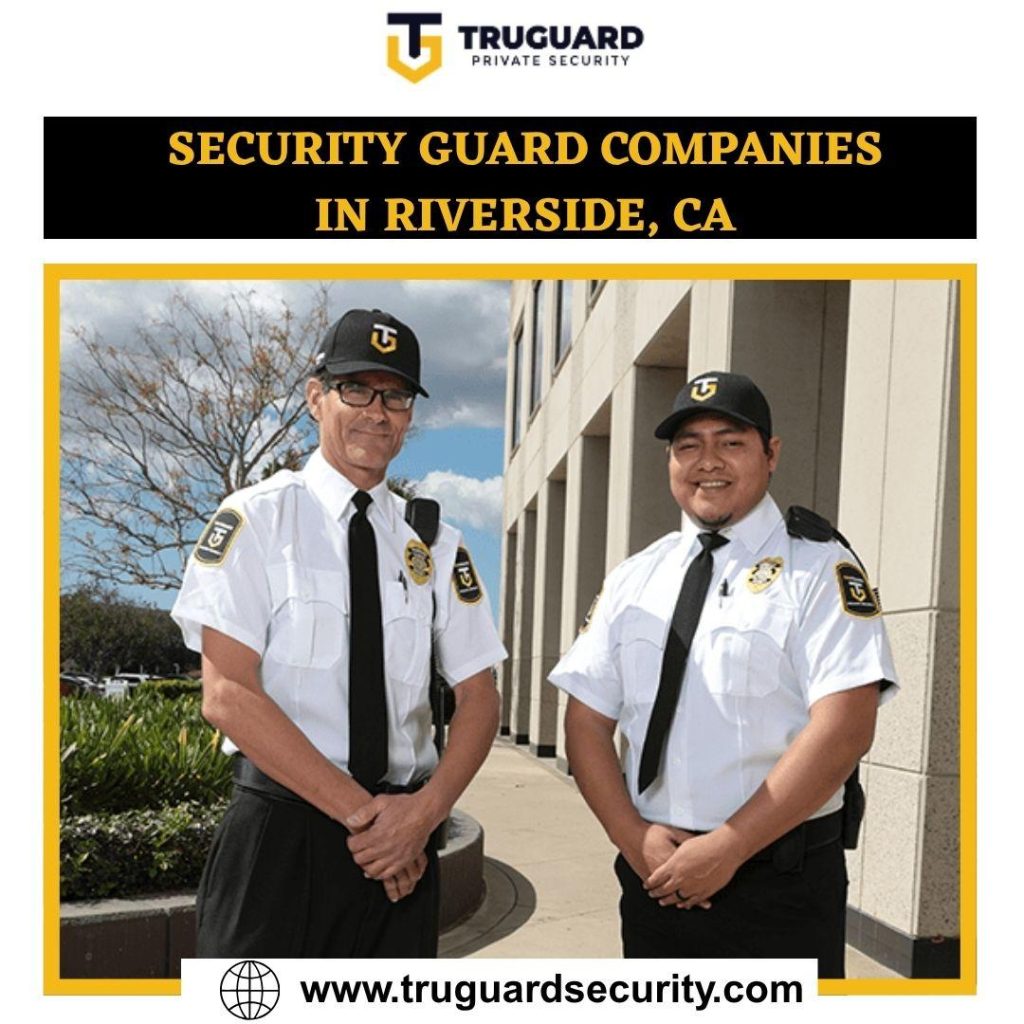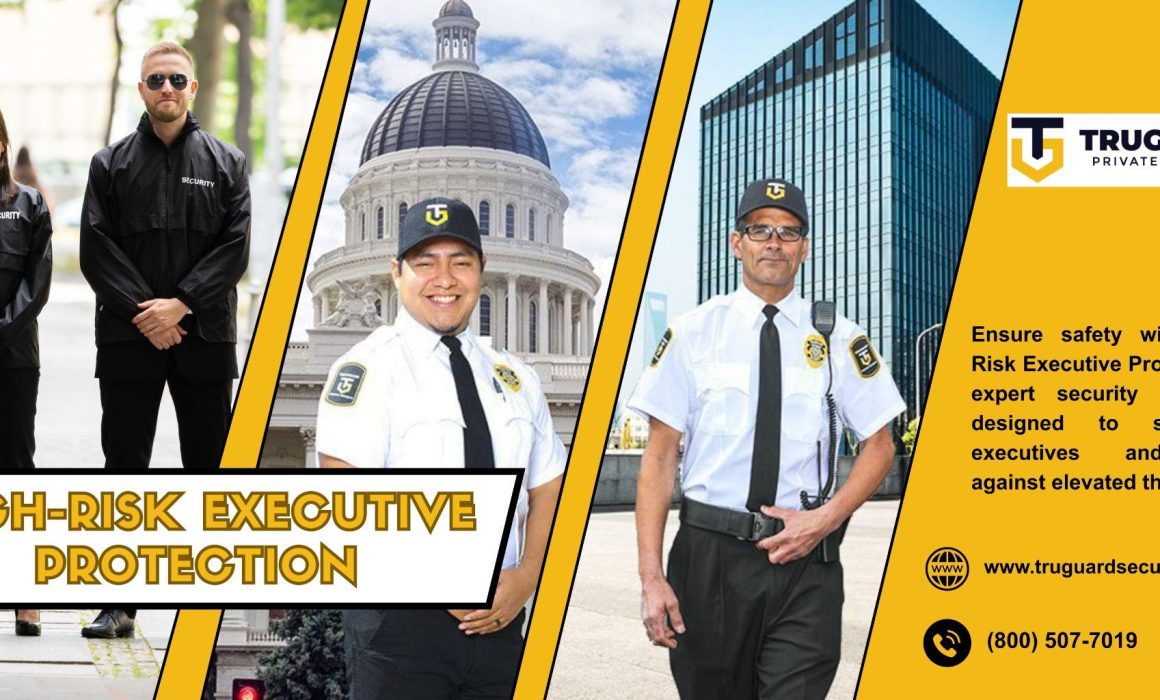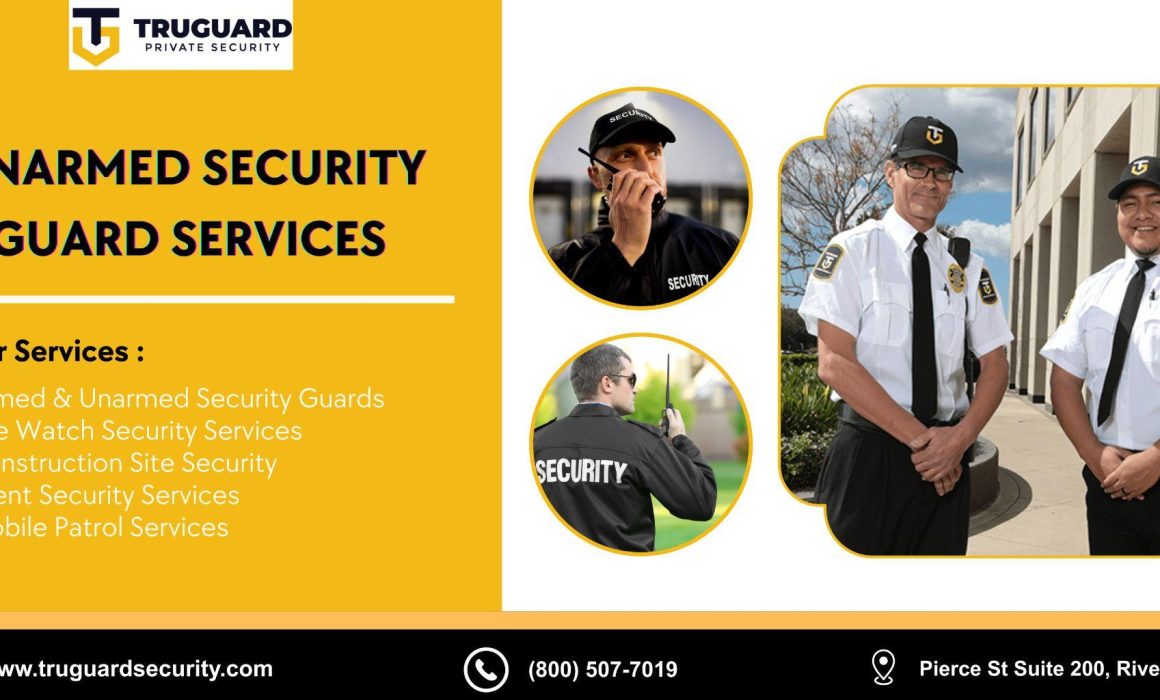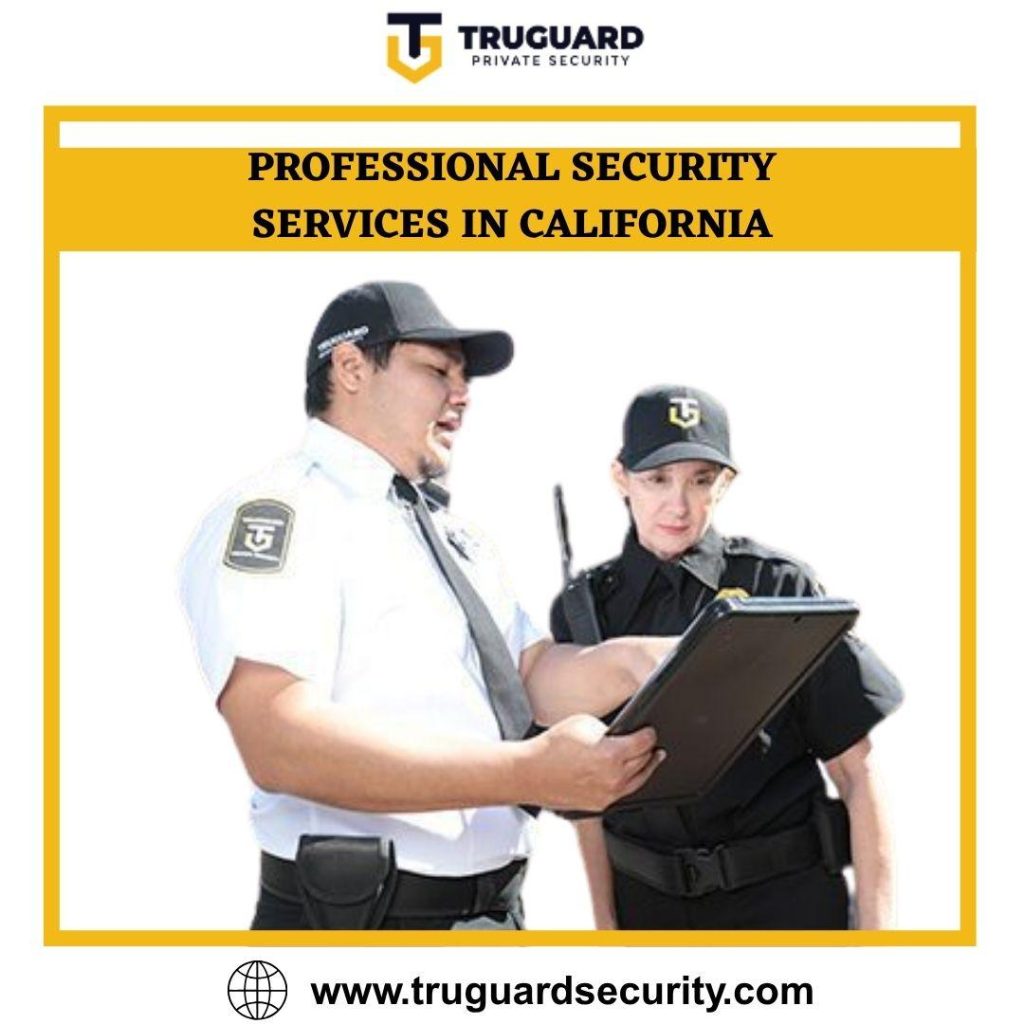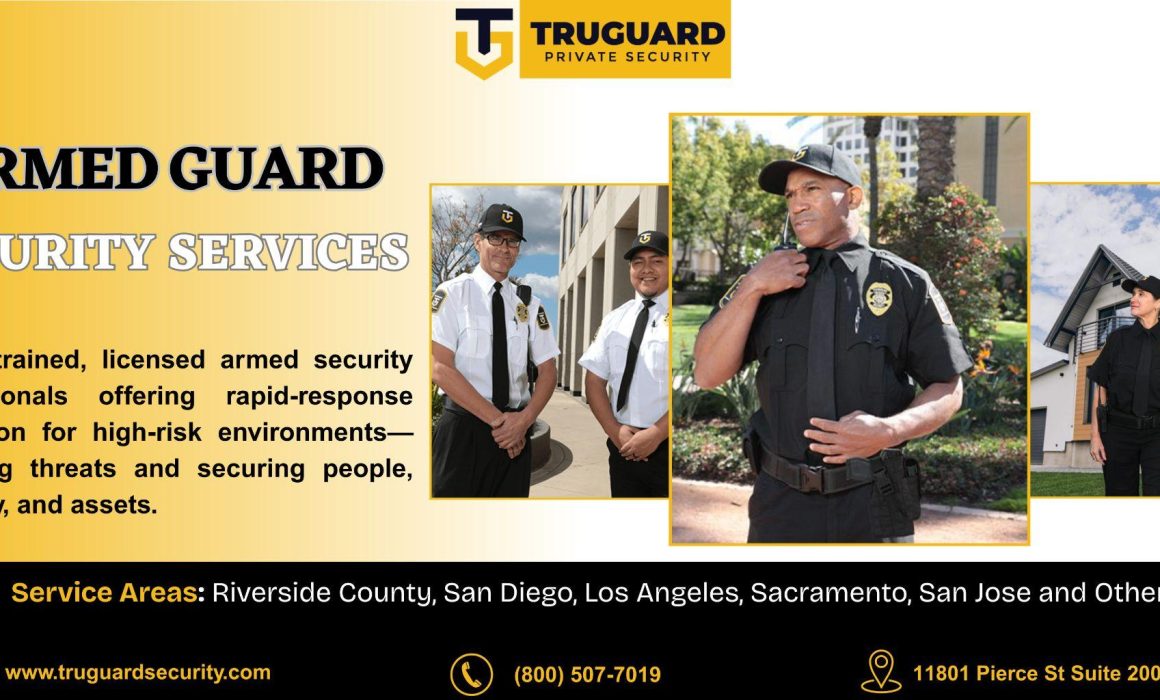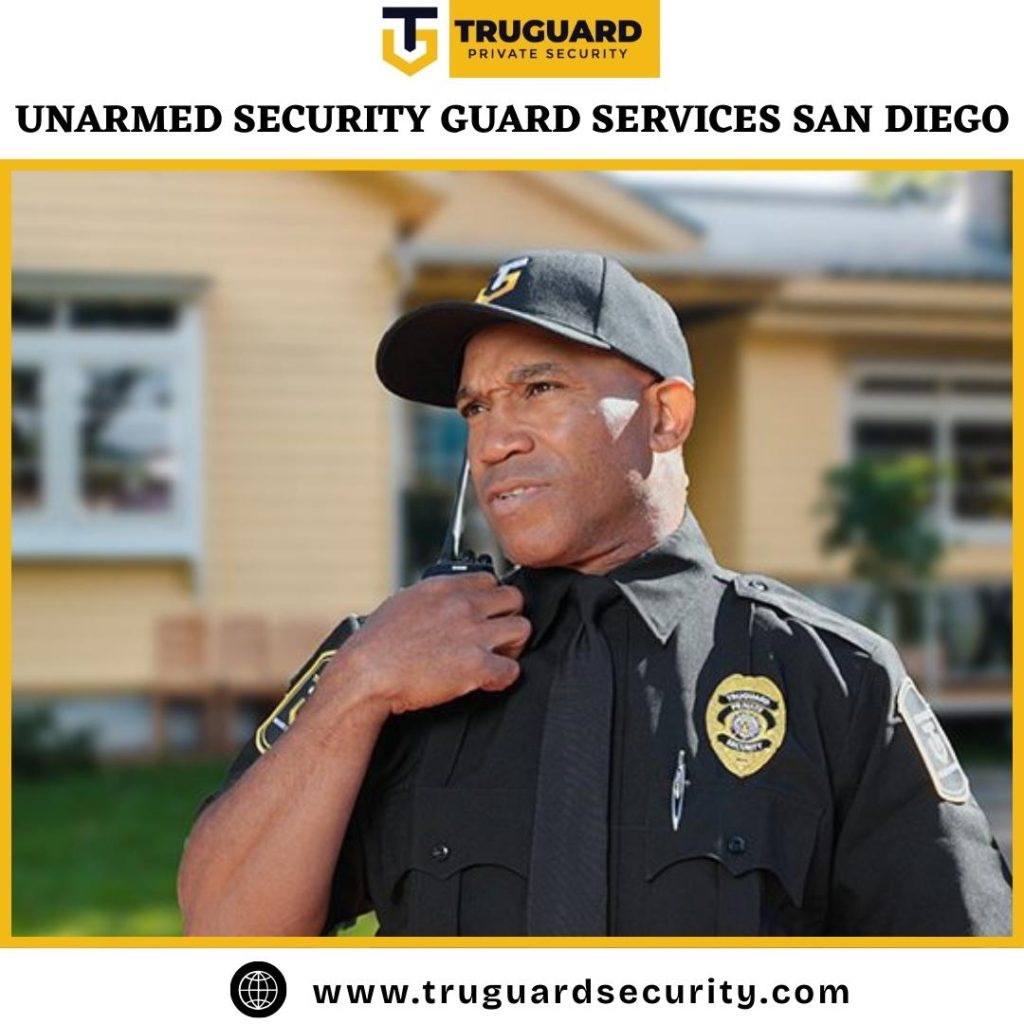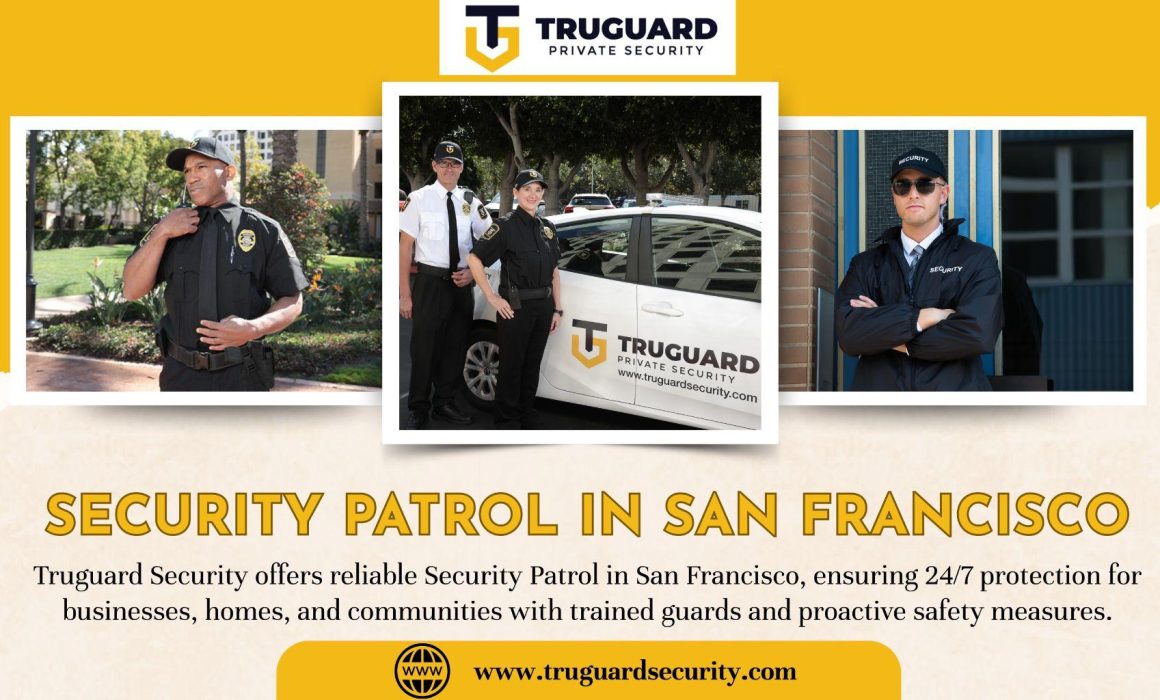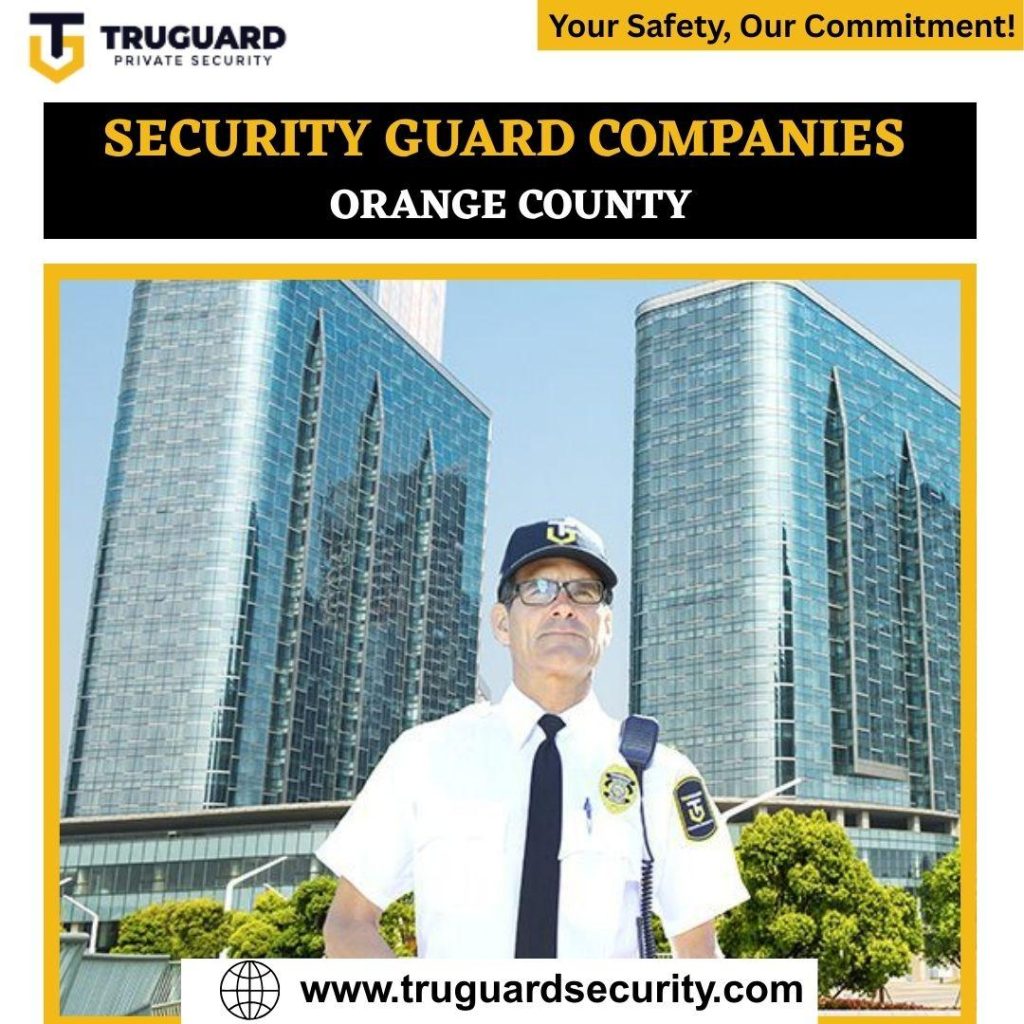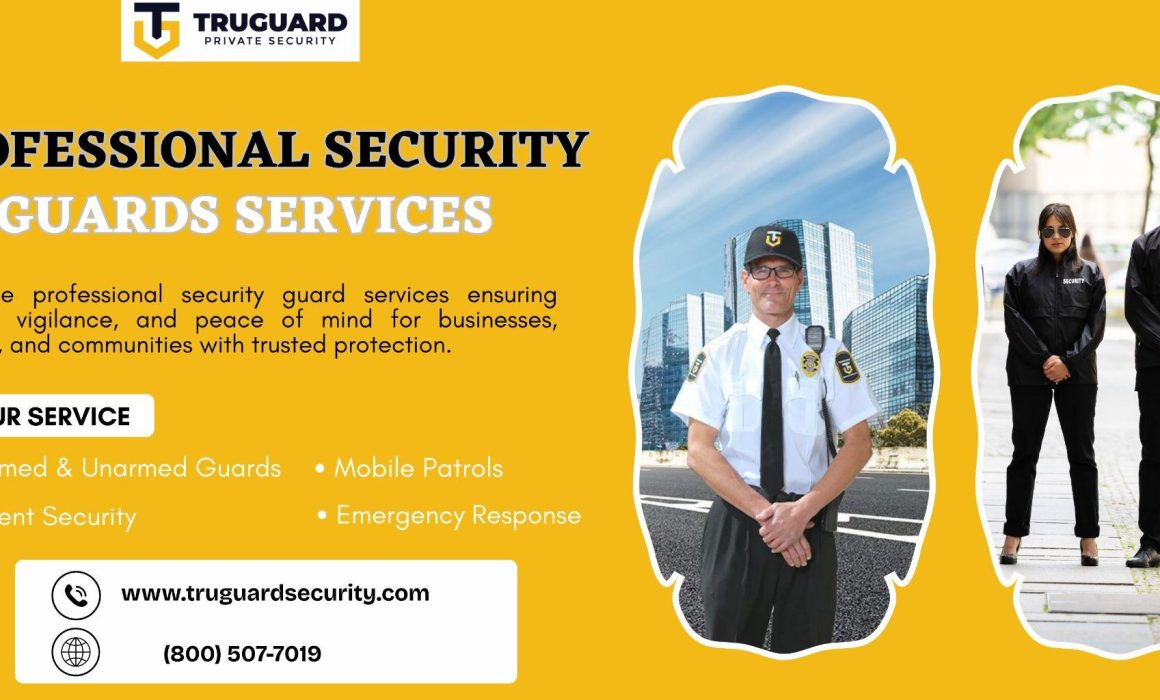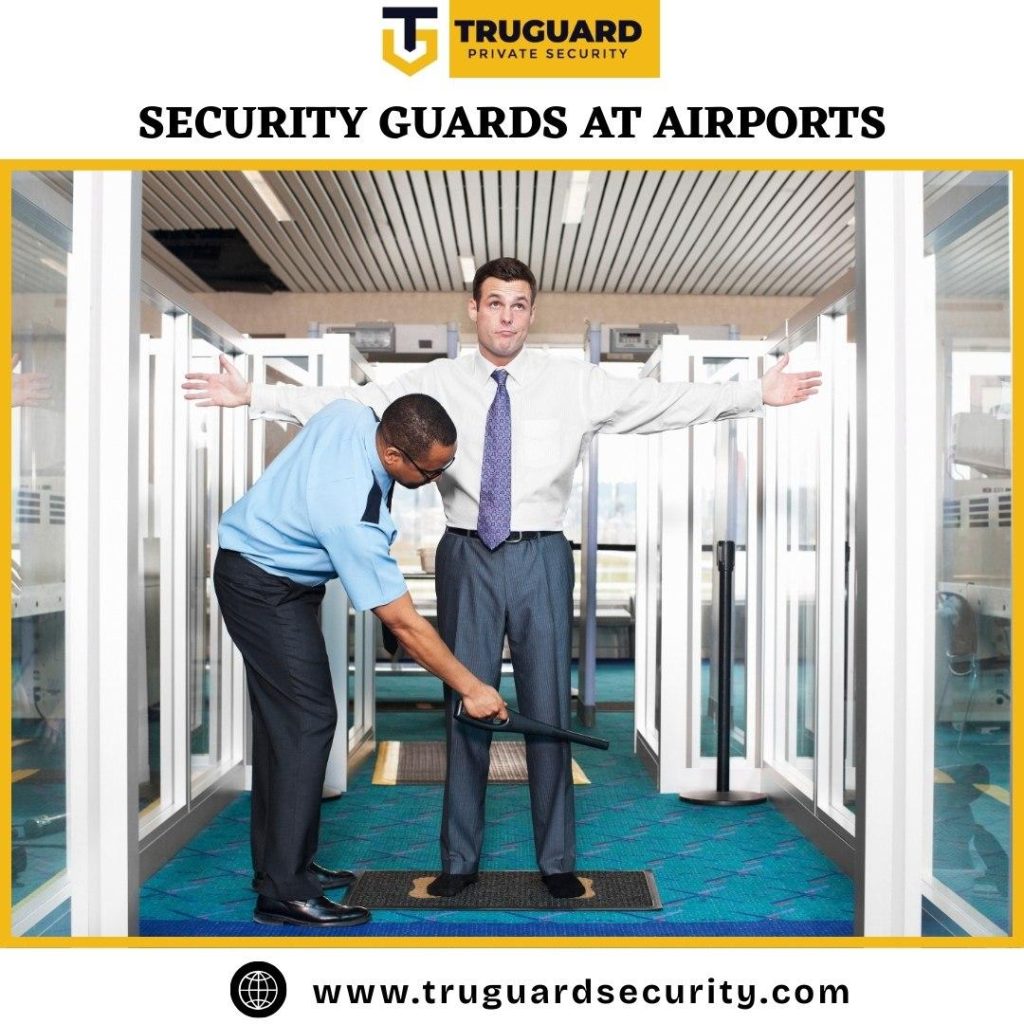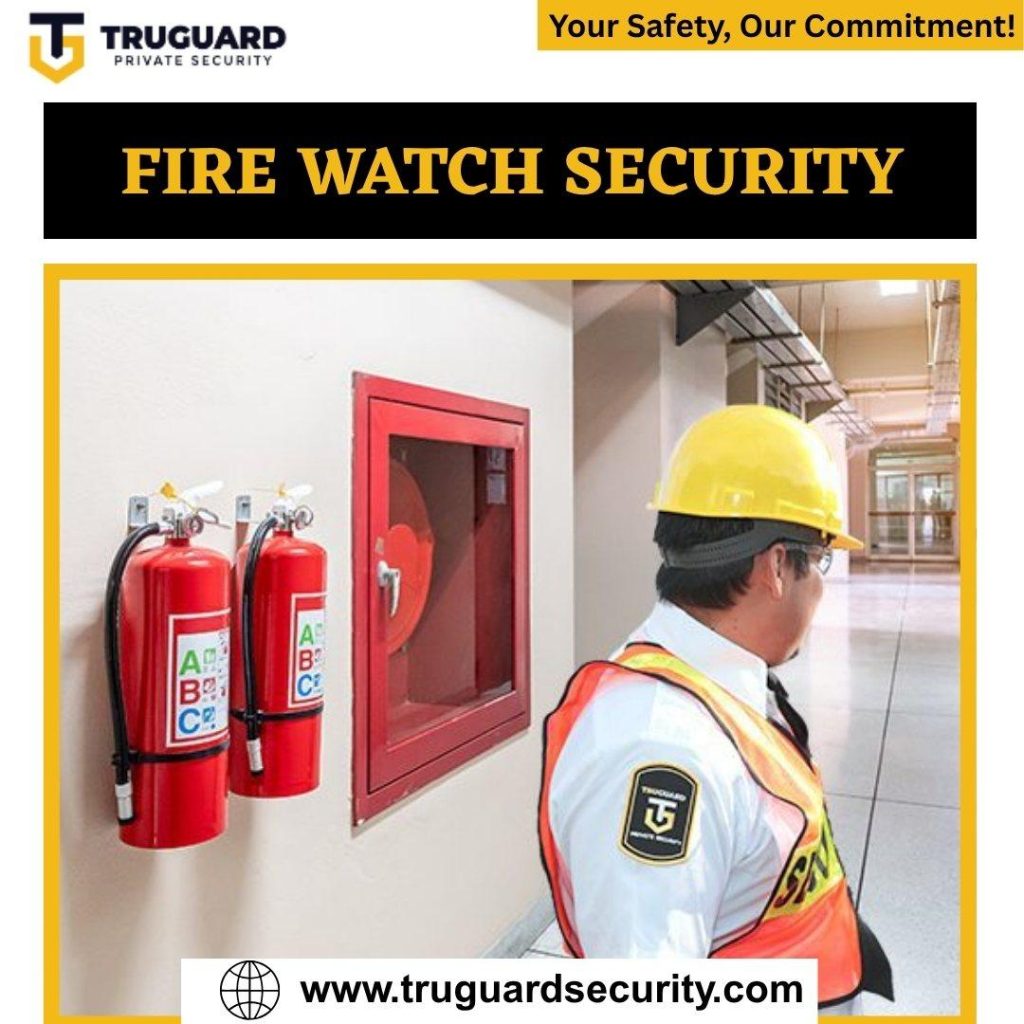Ever been at a construction site and felt that pulse of progress? The workers are doing their job, the noise of cranes, and the view of something massive – it’s like a dream come true to life. But let’s talk facts – when the sun sets down, the workers clock out, and your site’s left all wide open with inventory and other costly items?
A stray vandal, a thief, or one wrong step by an intruder can turn your masterpiece into a mess. That’s where construction site security servicescome in – they’re your project’s lifeline. They patrol 24/7 and make sure no one enters the site, even during the day, without their permission.
In this post, we’ve covered why construction security guards are a must for high-value projects and how they keep your build on track. Read on to know.
How Construction Site Security Services Improve Compliance and Safety Standards?
Wonder what keeps a construction site from becoming a safety or legal headache? It’s not just cones and caution tape-construction site security services are the glue holding it all together. They make sure your project stays safe and ticks every regulatory box. Here’s how these experts improve safety standards in construction sites:
Think of your site as a private club. You don’t let random folks stroll in, especially near heavy equipment or open trenches. Security teams set up checkpoints- maybe a badge system or a quick scan-to keep out anyone who shouldn’t be there. This isn’t just about stopping trouble; it’s about following strict safety rules that keep everyone out of harm’s way and your site compliant with the law.
Then there’s the prep factor. A construction security guard isn’t just a pair of eyes; they’re often pros with serious training-think ex-cops or first responders. They do practice runs, like how to clear the site if something goes wrong, making sure your crew knows the drill. In a place like California, where safety rules are no joke, this keeps your project on the right side of inspectors.
And don’t sleep on the paperwork. Security teams use tools like logs or apps to track every move-who’s on-site, what they’re doing, and any weird stuff spotted. This makes audits a breeze, showing you’re serious about safety. Plus, guards keep an eye out for little things- like a loose board or a forgotten helmet- that could spell trouble.
Quick hits on how they boost safety and compliance:
- Controlled Entry: Only authorized folks get in, reducing risks.
- Emergency Prep: Drills keep your team ready for anything.
- Paper Trail: Logs prove you’re following the rules.
- Sharp Eyes: Guards spot hazards before they become problems.
In short, these services make your site a safe, rule-following machine, letting you focus on building without the stress.
Why Security Services Are Essential for High-Value Projects?
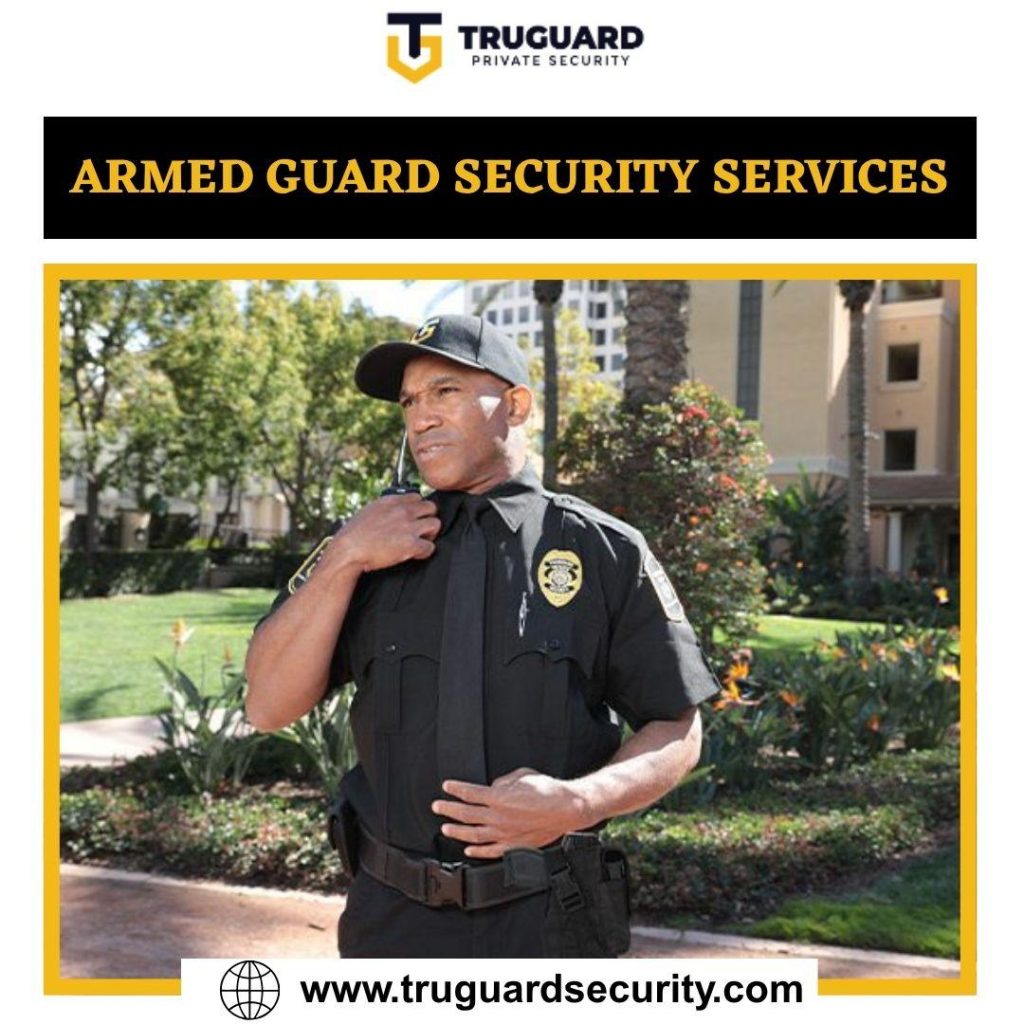
So, why sink money into construction-site security guard services when you’re already stretched thin? For high-value projects- think glitzy towers, fancy homes, or big infrastructure deals- the answer’s clear: they protect what matters most. These aren’t just builds; they’re your legacy, and one slip can cost you big. Here’s why security is non-negotiable:
- Stopping Thieves and Vandals Cold –
High-value sites are like magnets for trouble- expensive gear, rare materials, you name it. Aconstruction security guard keeps watch, patrols the grounds, and checks cameras to make sure nothing walks off. It’s about saving your budget from a hit and keeping the work moving.
- Keeping Your Schedule Tight-
Nothing stings like a delay. One busted machine or a messed-up site can push your timeline back days-or worse. Security guards lock things down with patrols and quick fixes, making sure your project stays on track and your deadlines don’t budge.
- Avoiding Legal Drama –
Picture an outsider sneaking in, tripping over a pipe, and suing you silly. Professional security services California teams keep the site secure, track who’s there, and handle issues calmly, cutting the odds of a costly lawsuit. It’s like having a shield against trouble.
- Lifting Your Crew’s Spirits-
A safe site means a happy crew. When workers know someone’s watching their back- day or night- they focus better and work harder. It’s a vibe that turns a tense job into a smooth one.
- Smart Plans and Tough Backup-
Security today is high-tech and high-skill. Guards use cameras, sensors, even drones, and they’re trained to handle anything from nosy intruders to emergencies. Need an armed security guard company for a challenging phase? They’ve got the flexibility to match your needs.
- Impressing the Big Shots –
Investors and neighbors love a secure site. It shows you’re serious, which can ease funding talks or calm community worries. A locked-down project builds trust, plain and simple.
For big-ticket builds, construction site security services aren’t just nice- they’re your safety net, keeping your vision intact.
Other Benefits of Hiring Construction-Site Security Services for Your Project!
Still thinking it over? Here’s a fast list of extra perks that make security a no-brainer:
- Saves Cash: Fewer thefts mean less spending on replacements.
- Always On: Guards watch 24/7, so you can rest easy.
- Custom Fit: Big or small, they tailor the plan to you.
- Tech-Savvy: Apps and trackers make updates a snap.
- Good Vibes: A secure site keeps neighbors happy and permits flowing.
These little wins add up, making your project smoother and stress-free.
Bottom Line
Construction-site security guard services are the secret weapon for high-value projects. They keep thieves out, timelines tight, and your crew focused, all while dodging legal traps. If you’re in California and searching for “security guard services near you,” a quick call to pros like TruGuard Security could be your next smart move. They’ve got the skills to keep your site rock-solid. So, what’s one thing you’ll do to make your project safer today? Drop a thought below.

